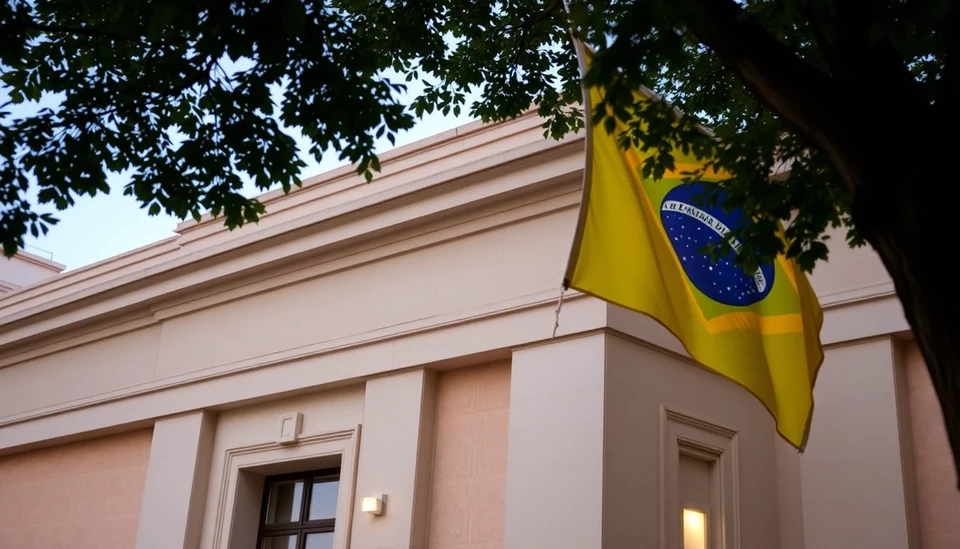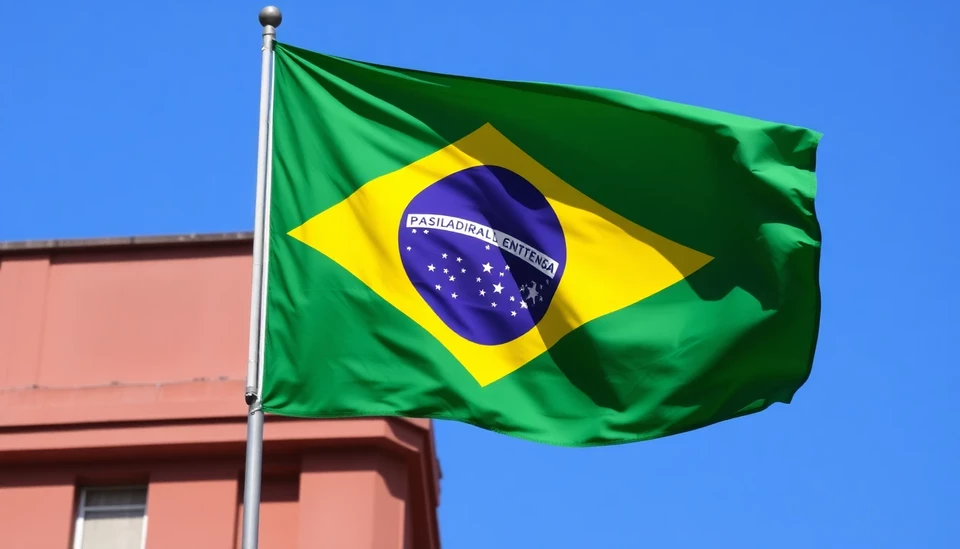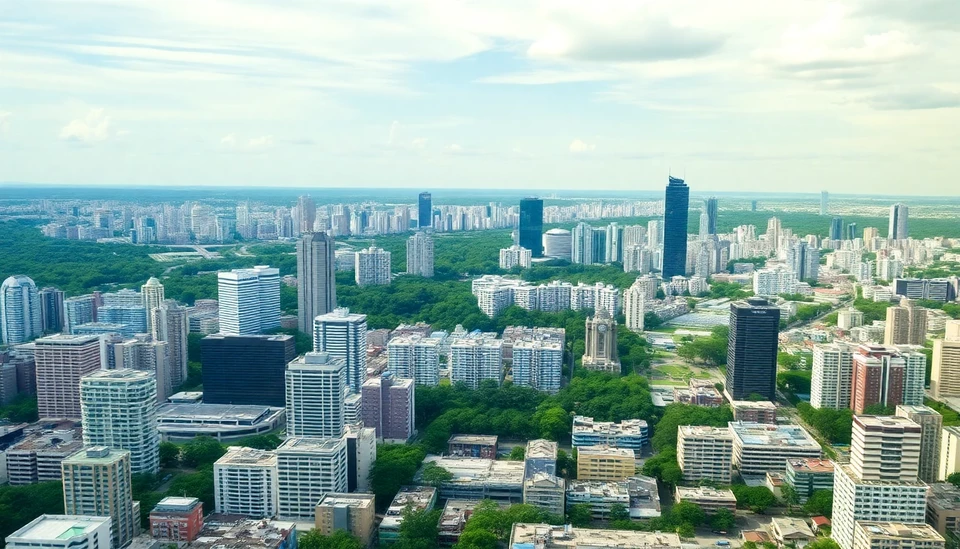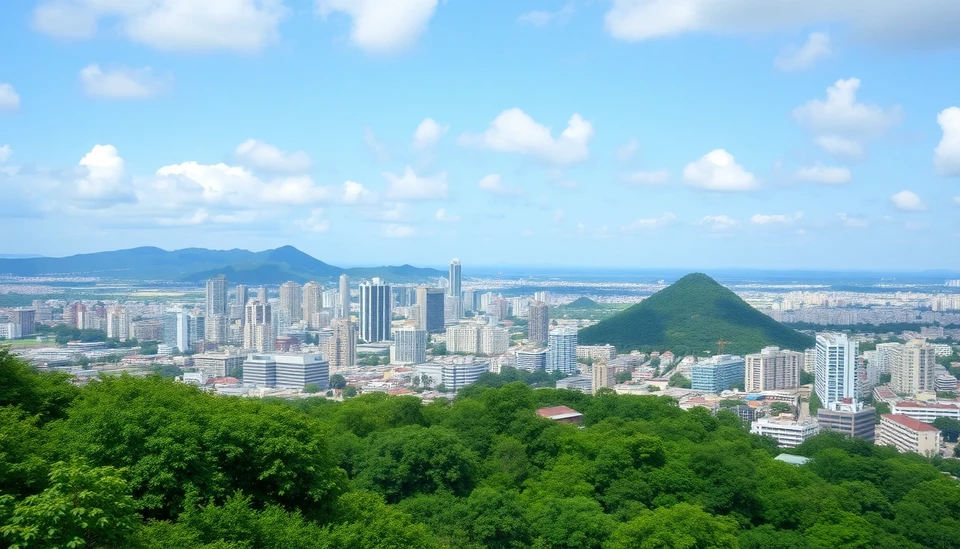
In an alarming turn of events, Brazil's economic team is increasingly concerned about the possibility of a global recession. Recent economic indicators and market trends have propelled this risk to the forefront of their priorities, compelling officials to reassess their strategies in light of potential international economic downturns.
The growing uncertainty in the global economy is primarily attributed to a confluence of destabilizing factors. Inflation rates remain persistently high in various economies, leading to aggressive monetary tightening by central banks across the globe. These measures, aimed at curbing inflation, have created a ripple effect, fueling fears of a slowdown in economic activities worldwide.
Brazil's economic environment, heavily reliant on exports, is particularly vulnerable to shifts in global demand. The country's trade relations, especially with major partners like China and the United States, mean that any significant economic contraction abroad could severely impact Brazil's growth trajectory. Economic analysts predict that if a recession were to take hold in major economies, Brazil could face diminished export opportunities, potentially exacerbating domestic economic challenges.
The Brazilian government has been proactive in addressing these concerns, deliberating new policy measures to cushion the economy against potential shocks. One prominent strategy includes bolstering investment in crucial sectors, such as infrastructure and energy, to stimulate local economic growth and reduce dependency on international markets. Furthermore, the government is emphasizing diversification of trade partnerships to mitigate risks associated with reliance on a few key markets.
Another area being explored by Brazil's economic team is the promotion of domestic consumption. As they assess global conditions, there is a clear recognition that fostering a robust internal market will be essential for the country’s resilience. Initiatives to enhance social programs and support local businesses are on the agenda, aimed at boosting spending and, in turn, sustaining economic activity regardless of external pressures.
However, challenges abound, as Brazil continues to grapple with its own set of economic headaches, including high public debt and fiscal deficits. The government must navigate these hurdles while simultaneously developing strategies to counter global recession threats. The balancing act requires not only foresight but also adept management of the country's economic resources.
In conclusion, as Brazil's economic landscape continues to evolve amid rising global recession fears, the government is faced with a critical moment of decision-making. The path forward will undoubtedly require innovative thinking and resilient planning to safeguard the nation's economic future in a precarious world.
As this situation unfolds, all eyes will be on Brazil's economic team and their proactive measures in the face of daunting global challenges. The coming months may prove pivotal for the country's resilience against a looming global downturn.
#BrazilEconomy #GlobalRecession #EconomicGrowth #TradePartners #FiscalPolicy
Author: Laura Mitchell




